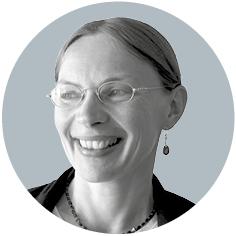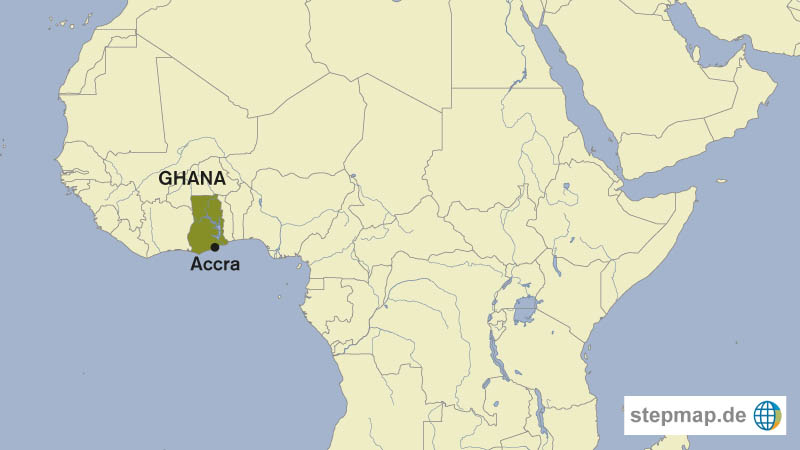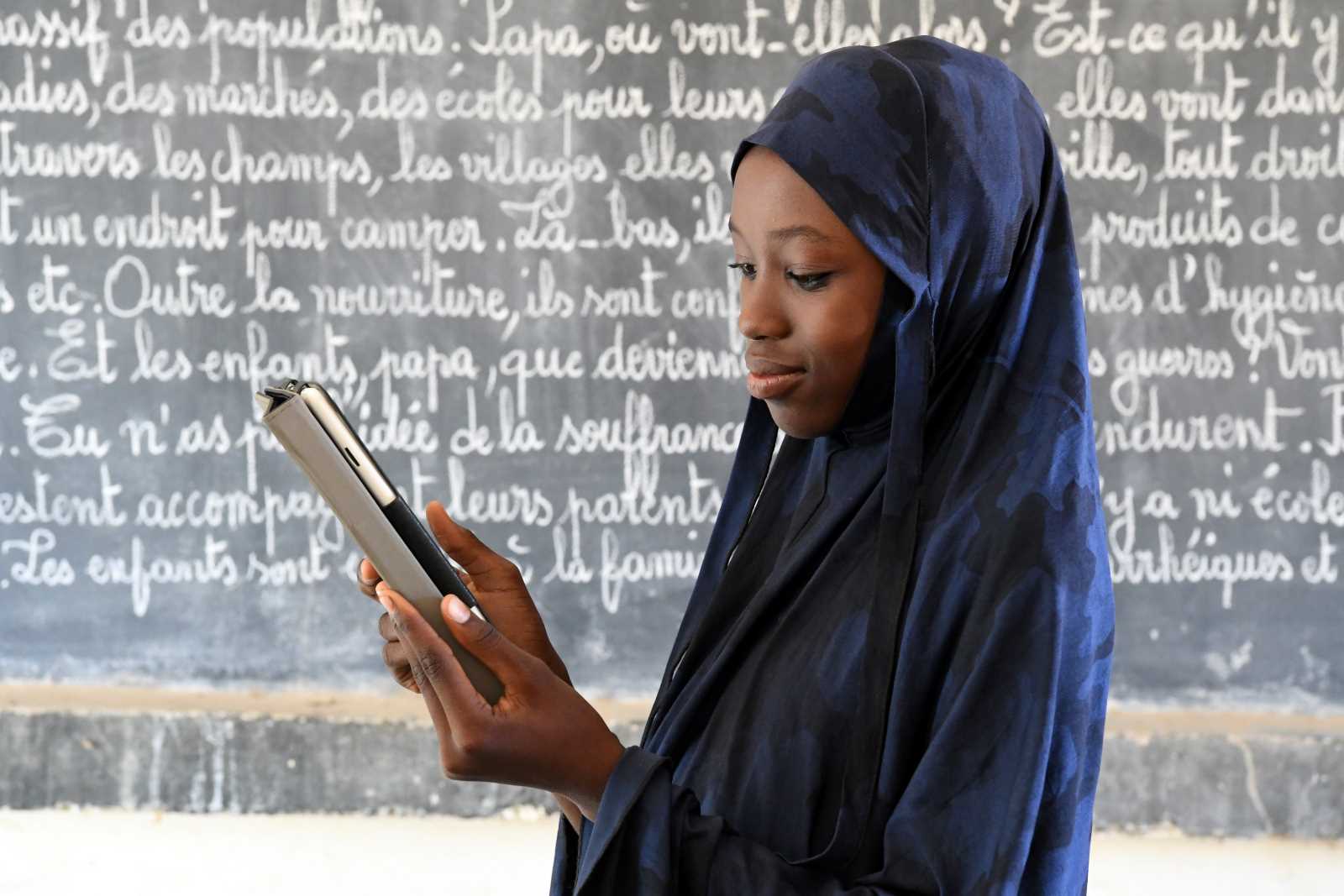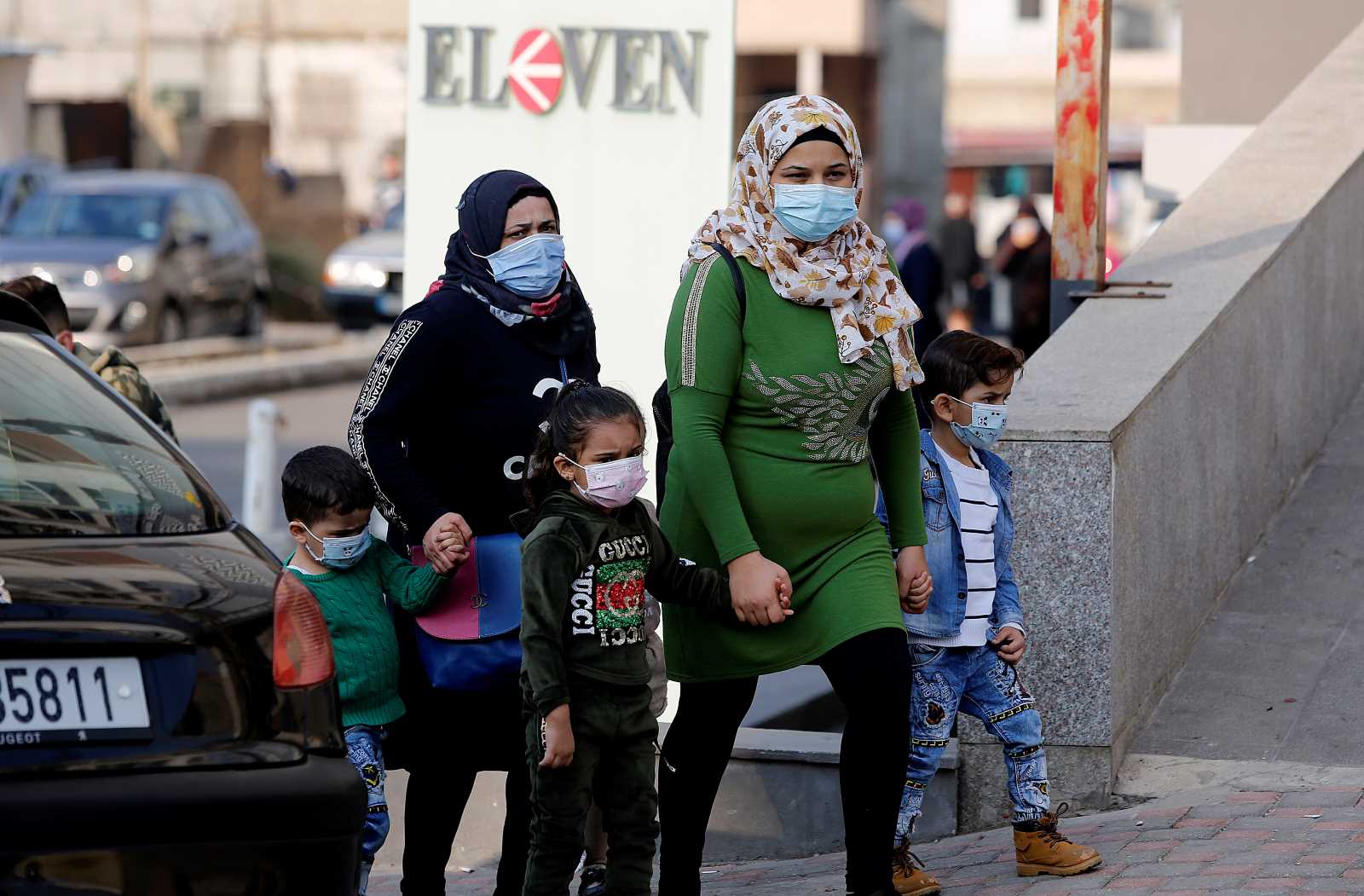Men
A controversial issue
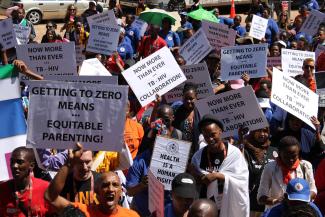
At the same time, traditional male circumcision is an important cultural practice among many, but not all, black South African ethnic groups. Each year, dozens of boys die from botched circumcisions and associated infections. Accordingly, there is a public controversy about the implementation of guidelines to keep the practice safe. This is a huge, as yet unresolved challenge. VMMC, however, is also an issue of public debate.
The two practices remain quite separate. There is some tension between practitioners of traditional and medical male circumcision. The former argue that medical circumcision encroaches on still-secret traditions. However, VMMC is becoming more popular. Nearly 1.5 million men were circumcised in the past three years. Very few people go to a traditional circumcision surgeon for HIV prevention.
The Gender Justice Network Sonke recognises both forms of male circumcision as legitimate and supports VMMC as a contribution to stemming HIV/AIDS. Medical male circumcision has a very low complication rate in clinical settings.
Sonke uses community discussions on VMMC as opportunities to make men aware of sexual reproductive health and related rights, thus tackling issues of HIV prevention and birth control in a coherent manner. One slogan is: “Less skin, we win.” The message of “less skin” is: no foreskin plus a condom. Key topics of discussion include the actual procedure, average healing time and the health benefits both to men and women.
Because men often dominate sexual decision-making, Sonke motivates men to go for couple testing before they undergo VMMC. It is important to involve women. Posters in health centres, culturally sensitive information in mini buses and taxi ranks as well as community-radio programmes inform women about the issue. (rs)
